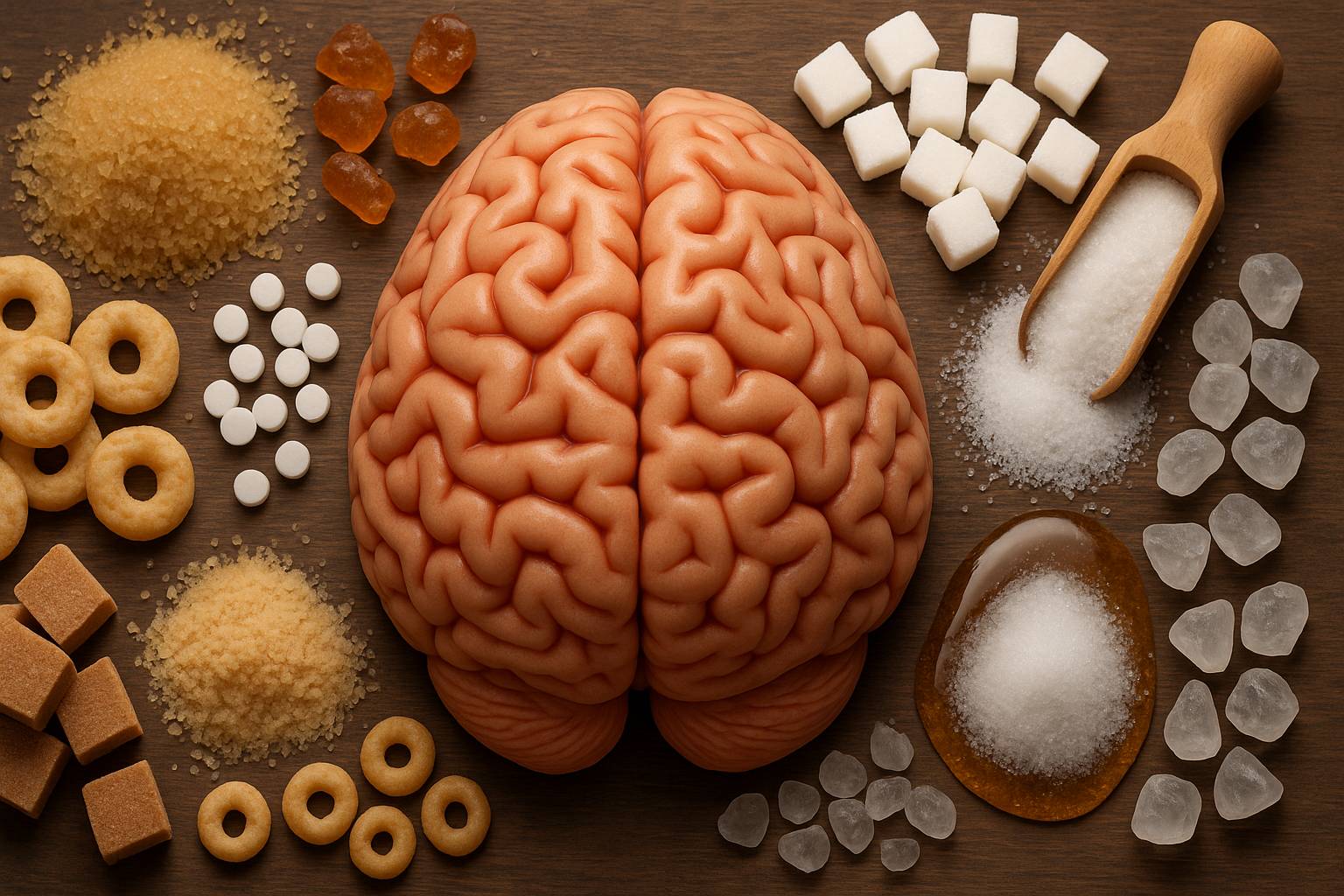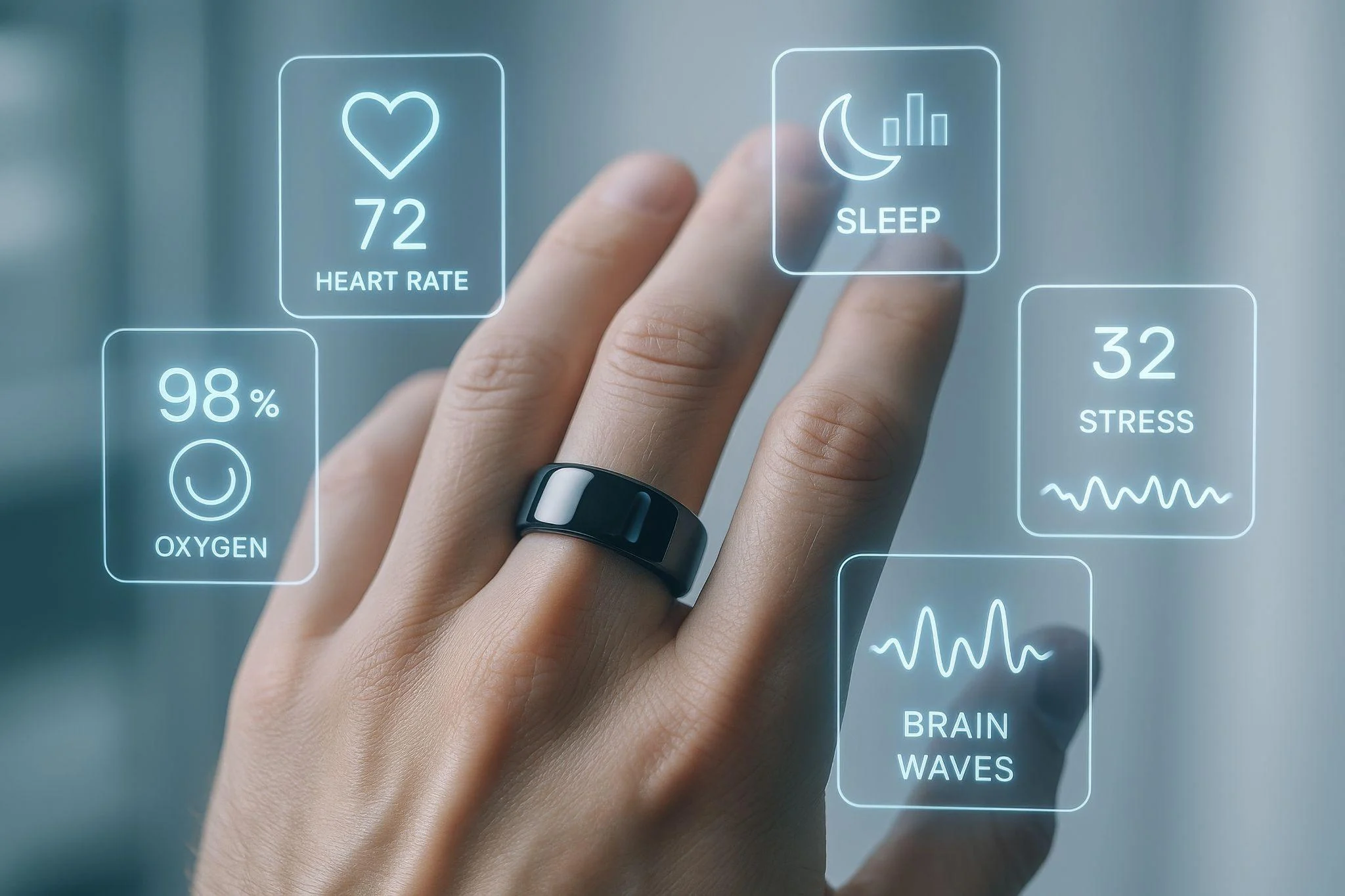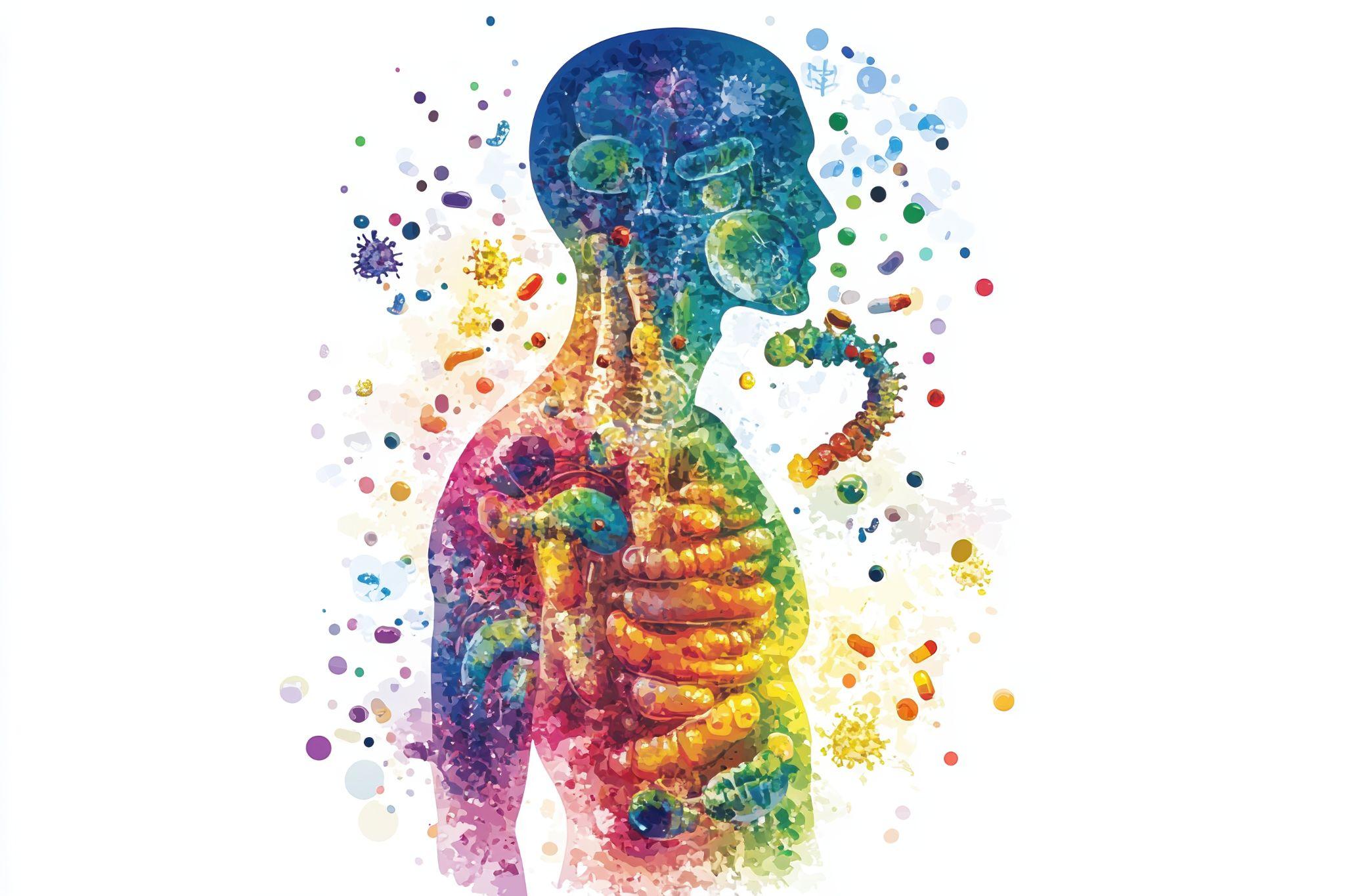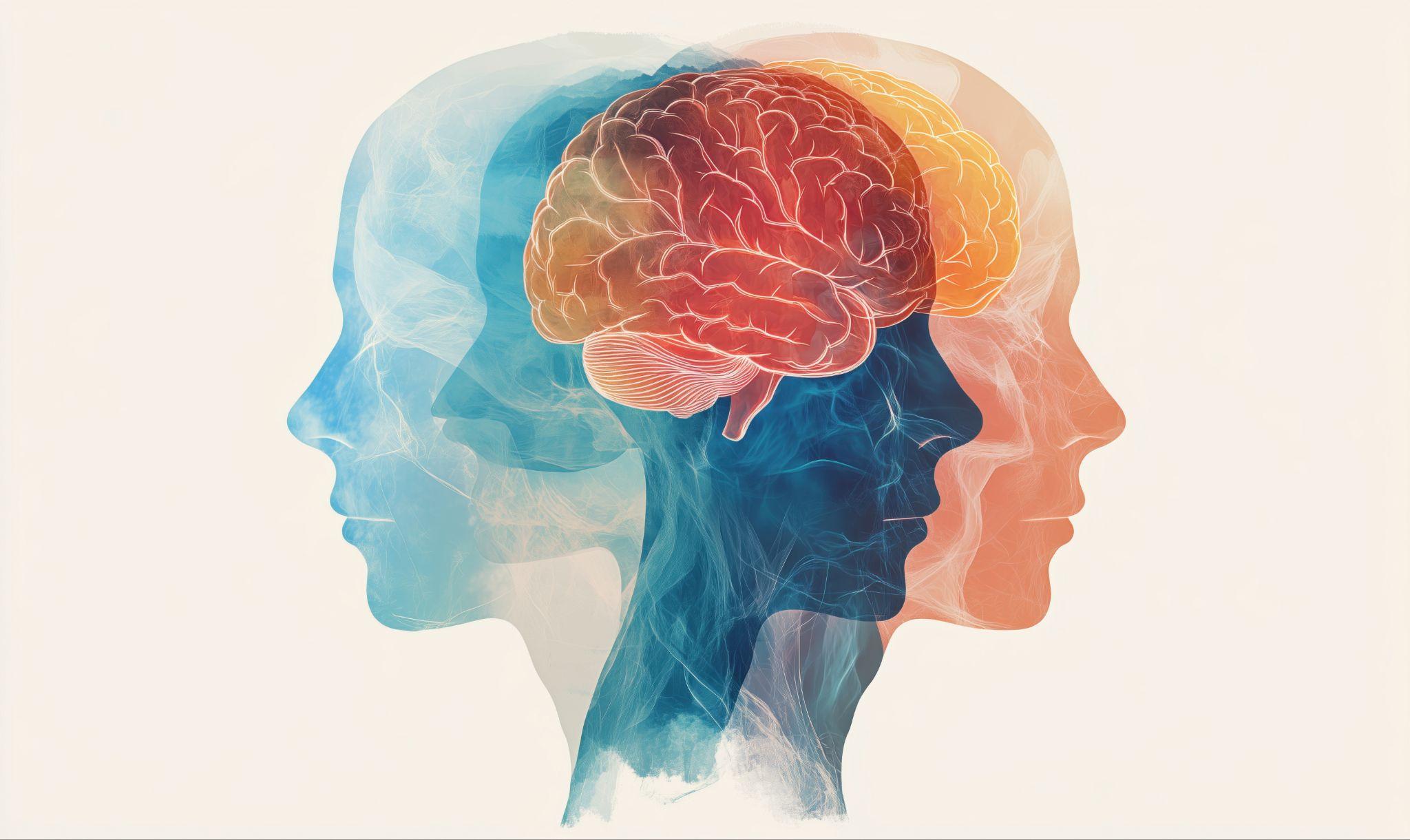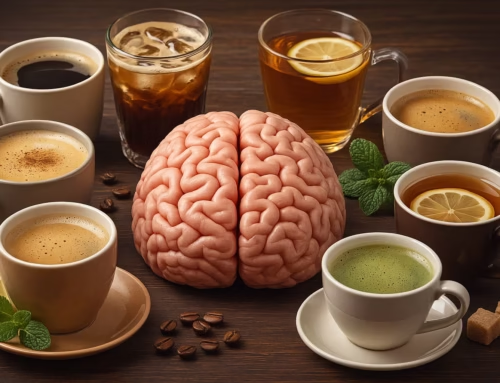The Best and Worst Sweeteners for Brain Health
By Austin Perlmutter, MD
Sugar is among the most popular villains in nutritional health conversations. But depending on the content you consume, you may have heard everything from “it’s harmless in moderation” to a suggestion that it’s comparable to cocaine for addictiveness. When it comes to brain health and the effect of sugar on our cognitive and mental state, we’re learning that there’s nuance to the conversation, and differences between forms of sugar. In this article, we’re taking a deep dive into what the latest research says about sugar and our brains, and the best and worst choices of sweetener.
Why Does Sugar Relate to the Brain at All?
Like it or not, sugar, and in particular glucose is the primary fuel source for your neurons. Unless you’re on a long fast or consuming extra ketone bodies, this fact is inescapable. Yet, while glucose powers our brain function, there are several important steps separating the sugar we consume in our diet to the sugar being used by our brain. Incidentally, there’s no need for us to consume added sugar to power our brains, as our bodies are more than capable of synthesizing glucose or generating it from the breakdown of carbohydrates. The key takeaway here is that added sweeteners, which is found in 70+% of foods and beverages in the US in unnecessary for most people’s brain health. This means that as we approach the conversation around sugar and other sweeteners and our brains, none of the options are needed for health, despite being incredibly desirable for flavor.
